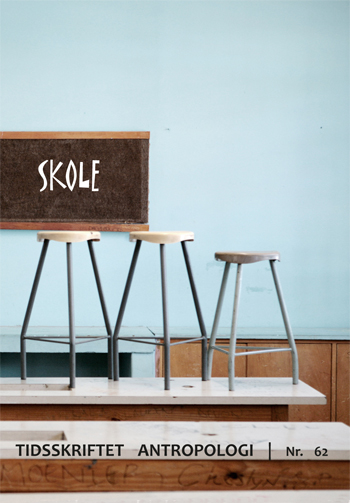Postsocialistiske svar: Skolelærere og „moderniseringen” af grundskolen i Brčko, Bosnien- Hercegovina
DOI:
https://doi.org/10.7146/ta.v0i62.27355Abstract
Marie Larsen Ryberg: Post Socialistic Answers: Schoolteachers and the “Modernising” of Elementary School in Brcko, Bosnia-Hercegovina
Since the disintegration of Yugoslavia, international organisations and scholars have stressed the problems of primary education in Bosnia-Herzegovina, pointing to the “legacy” from socialist times and a need to “modernise” the school system. The aim of this article is to analyse the ways in which schoolteachers in Brčko, Bosnia-Herzegovina relate to the two most prominent NGOs present in Brčko and their efforts to “modernise” the teaching methodologies and implement “democracy” and “civic education”. The article argues that an understanding of the teachers’ practices should include a broader analytical framework than conceptualising them as a “legacy” or “backward.” For a more nuanced understanding, the article takes three analytical approaches. First, it argues that the teachers’ practices and ideas in relation to knowledge should be viewed as connected to a socialist narrative of modern development. Second, it points to gift-giving as a way of understanding how the teachers draw on teaching methods such as lectures and learning by heart. Third, the article points to a model of the socialist system, and suggests that an appreciation of the teachers’ exclusive role as bureaucrats in a socialist system of allocation is central to an understanding of their practices today. The article thus unfolds the different ideas, motives and structures that shape the teachers’ practices as a post-socialist respond rather than as a “legacy.”
Keywords: Post-socialism, Bosnia-Herzegovina, education, modernization, knowledge, gift-giving.
Downloads
Published
How to Cite
Issue
Section
License
Ophavsretten til artiklerne i Tidsskriftet Antropologi tilfalder forfatteren.
Artikler publiceret i Tidsskriftet Antropologi må citeres, downloades og videresendes for ikke-kommerciel brug, under forudsætning af normal akademisk reference til forfatter(e) samt tidsskrift, årgang, nummer og sider. Artiklerne må kun genudgives med eksplicit tilladelse fra forfatter(e) og tidsskriftet.


